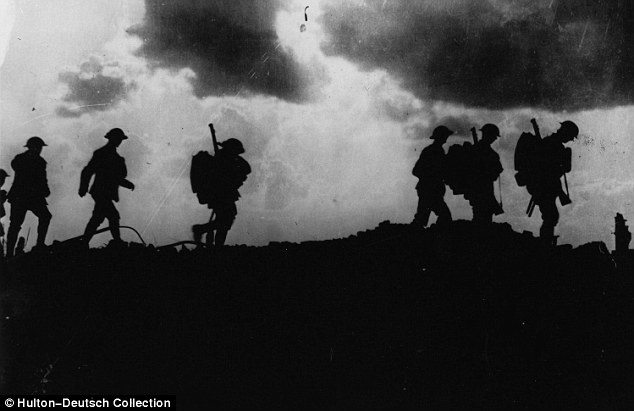Evidence now suggests that friendly fire may have caused the initial casualty on the British side of the First World War. Private John Parr was only fourteen years of age when he was gunned down, and it was long suspected that he died at the hands of German cavalrymen. Now, it appears that he may have actually lost his life due to a case of either Belgian or French friendly fire.
Thankfully, it appears the incident may have been due to accident rather than any malicious intent. Parr was not known to have had any standing rivalries with members of the French, Belgian, or British fleets at the time he lost his life in Belgium. His death is also suspected to be friendly fire due to the fact that Germans at the time would have gone head over heels to take credit for initiating the first death of their enemies in a war which was highly political in nature. Furthermore, there is no record of any Germans fighting any British soldiers on the day of his passing.
Parr had been on duty at the time to look for missing allies. His young age was unknown to most at the time, as he had declared himself three years older to skirt enlistment requirements. Despite the appearance that his death may have been a friendly fire accident, he is still due to receive posthumous honors in commemoration of the WWI centenary which begins later this year, the Mail Online reports.
His body is buried in Belgium, where he was fated to die without ever seeing battle. Parr was a reconnaissance cyclist, not to mention just one out of nearly a million British soldiers to die during WWI. Interestingly enough, while not a case of friendly fire, the last British death of the war also took place at Mons in Belgium, not long before the war ended for good in 1918.
It cannot be fully confirmed as of yet that Parr died due to friendly fire, but the nearest Germans to his location were approximately ten miles from the spot of his death. It also cannot be confirmed that his death was an accident, though it appears plausible that any ill feelings between Parr and his comrades would have been promptly reported upon his death if no opposing forces could be identified at the time. Whether Parr died due to friendly fire or not, all that is known for certain is that he was the first to die from Great Britain in a war that would claim many of the country’s native youths.
